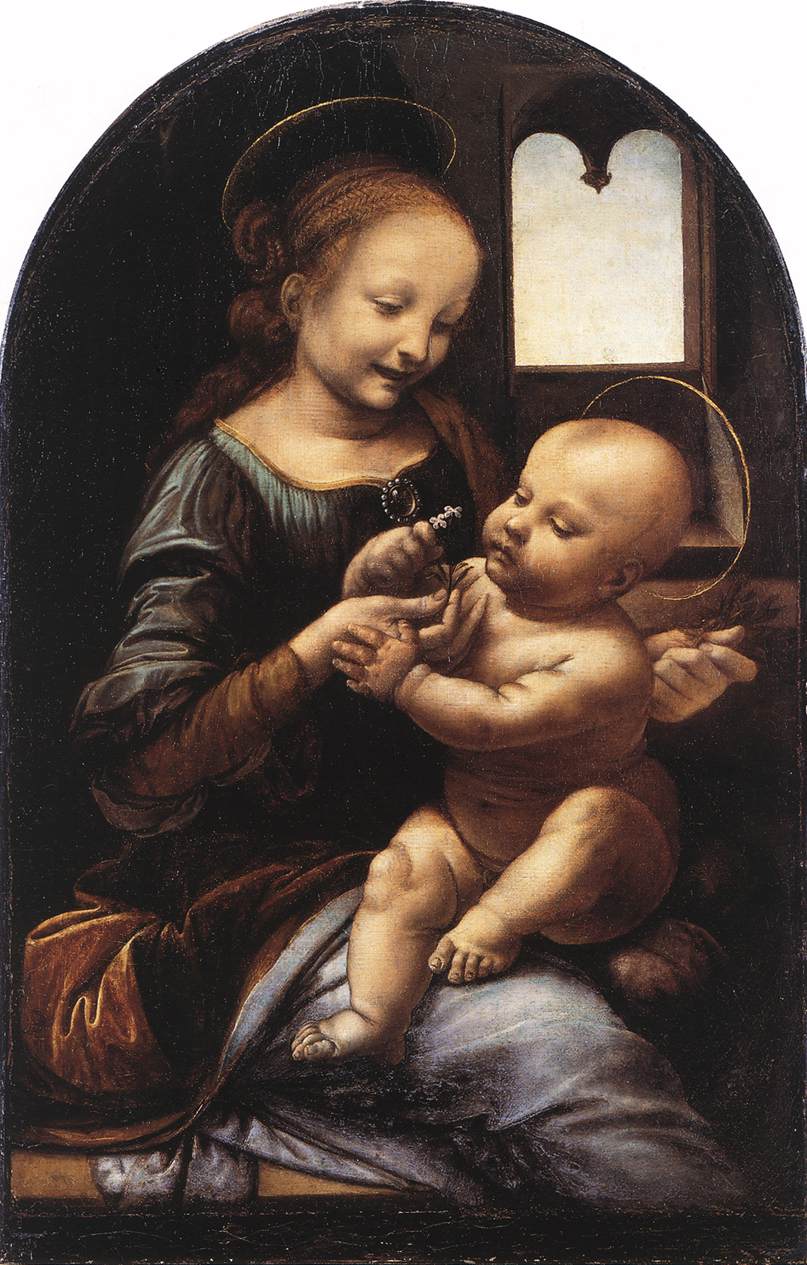Intuition
Sometimes a passage just has to be shared. That’s how I feel about this one, from a book I’m reading by Barbara Brown Taylor. She is describing her and her husband’s decision to leave city life, and her account of the way they process the decision is both beautifully expressed and true to my experience:
Since we are both intuitive types, we do not decide things as much as we gravitate toward them. This is not very theological language, I know, but on the subject of divine guidance I side with Susan B. Anthony. “I distrust those people who know so well what God wants them to do,” she once said, “because I notice it always coincides with their own desires.” Having been somewhat of an expert on the sanctification of my own desires, I try not to pin them on God anymore. At the same time, I recognize the enormous energy in them, which strikes me as something God might be able to use.
When I read the stories in the Bible about people such as Sarah, Jacob, or David, what stands out is not their virtue but their very strong wants. Sarah wants her son to prevail over Hagar’s son, Jacob wants his older brother’s blessing, and David wants Bathsheba. While these cravings clearly bought them all kinds of well-deserved trouble, they also kept these characters very, very alive. Their desires propelled them in ways that God could use, better than God could use those who never colored outside the lines. Based on their example, I decided to take responsibility for what I wanted and to trust God to take it from there.
Intuition may be one way of speaking about how God does that — takes things from here to there, I mean. Since intuition operates lower down than the frontal lobe, it is not easy to talk about how it works. In general, I tend not to pay much attention to it until I have completed all of my research, compiled my lists of pros and cons, and made a rational decision based on facts. Then, when I cannot sleep because the rational decision seems all wrong to me, I start paying attention to the gyroscope of my intuition, which operates below the radar of my reason. I pay attention to recurring dreams and interesting coincidences. I let my feelings off the leash and follow them around. When something moves in my peripheral vision, I leave the path to investigate, since it would be a shame to walk right by a burning bush. At this point, reason is all but useless to me. All that remains is trust. Will I trust my intuition or won’t I? The more I do, the more intuitive I become. This is as close as I can come to describing the guidance of the Holy Spirit. (Barbara Brown Taylor, Leaving Church: A Memoir of Faith)
I find it hard to trust my intuition, but I believe that I too am someone with “strong wants.” It takes me awhile to identify or be honest about them because at some level it seems like it’s not permissible.Yet what Taylor writes here rings true. She blows the dust off the mechanism so that I can see how it works.
I appreciate the careful way Taylor examines something so subtle. It takes courage to write that way. It takes courage to live in a way that’s consistent with that belief.



8 Comments
Polly
I love that passage! Great insight. I, too, am an intuitive person and I am wary of pinning my desires on God, but he does seem to speak to me through them once I begin paying attention and back tracking over things.
I have read some of BBT’s book An Altar in the World. She always gets me thinking, sometimes she annoys me, but she is honest and deep, she reminds me of Madeleine L’Engle in that way. Thanks for sharing
Janet
I’ve read that one too! — and though I didn’t agree in all the details I loved her writing and take on life/faith.
Ruth
Janet, I really like this. I think it’s pretty accurate, too. I’ve always mistrusted my emotions and intuition, but the older I get, the more I think that God does use those as well. And as she says, it’s not in isolation — I also do my homework (obsessively), and I do listen to other people that I trust. I think the combination of all those things is important to keep me from going off the rails.
Janet
Yes. Feeling alone can be erratic, but that combination is stabilizing.
I think we’ve heard about feelings being untrustworthy so much growing up that we (or at least I) internalize a false idea. It’s true that God is God regardless of how I feel. But when it comes to many life choices, I think he loves to see us being who he made us — doing what we want to do and are naturally inclined toward.
Just the other night I picked up a copy of Bonhoeffer’s ‘Life Together’ to browse in the church library, and someone had underlined various things in it. The first underlining I came upon was, “God is not a God of feelings, but of truth.” It wouldn’t be fair to draw any conclusions about the book based on that excerpt taken out of context, but it was certainly a familiar sentiment. It’s overstated, at the very least.
Amy @ Hope Is the Word
I’m coming to grips (or trying mightily to) with my own emotional life as it affects my spiritual life. I appreciate this post, Janet. Thank you for sharing.
Ruth
Janet, someone posted this and it made me think of the quote you posted: http://www.huffingtonpost.com/rev-james-martin-sj/advent-is-about-desire_b_2213677.html
Janet
Thank you — what a great meditation! I thought the part about women feeling it’s selfish to acknowledge desires was especially interesting…
Ruth
Yes! Wish we could talk about it for real (as in, out loud, with voices).